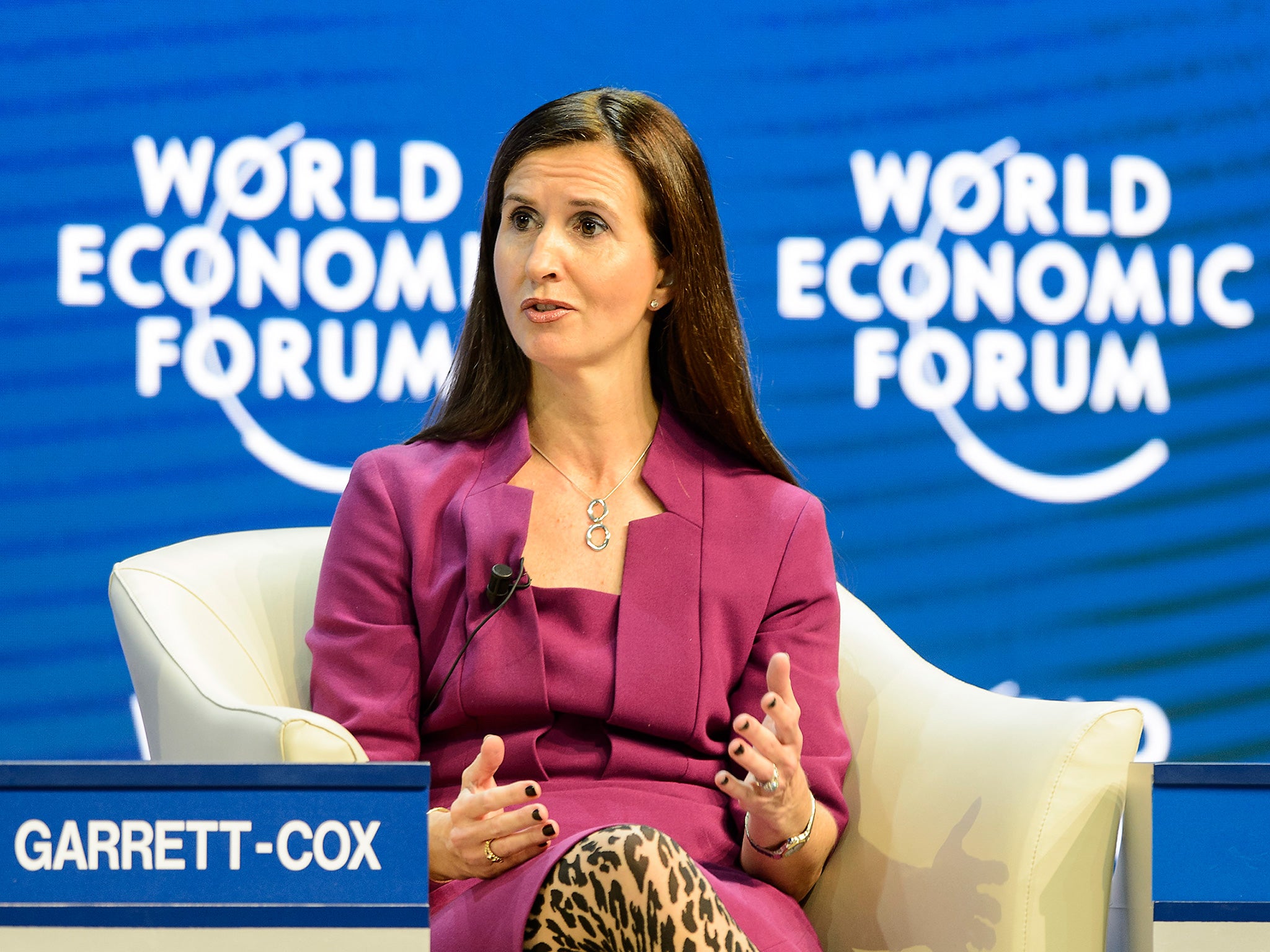Alliance Trust shareholders angry at board compromise with Elliott Advisors
One shareholder likened board's decision to appoint two Elliott approved candidates to "letting the foxes look after the henhouse"

Your support helps us to tell the story
From reproductive rights to climate change to Big Tech, The Independent is on the ground when the story is developing. Whether it's investigating the financials of Elon Musk's pro-Trump PAC or producing our latest documentary, 'The A Word', which shines a light on the American women fighting for reproductive rights, we know how important it is to parse out the facts from the messaging.
At such a critical moment in US history, we need reporters on the ground. Your donation allows us to keep sending journalists to speak to both sides of the story.
The Independent is trusted by Americans across the entire political spectrum. And unlike many other quality news outlets, we choose not to lock Americans out of our reporting and analysis with paywalls. We believe quality journalism should be available to everyone, paid for by those who can afford it.
Your support makes all the difference.Alliance Trust investors have expressed their anger at the company’s eleventh-hour compromise with activist shareholder Elliott Advisors.
One shareholder at the group’s annual general meeting (AGM) in Dundee likened its decision to appoint two of the three men the US hedge fund wanted on to its board to “letting the foxes look after the henhouse”.
Elliott’s proposals were meant to be voted on at the meeting but Alliance, which had originally warned they “jeopardised its future”, performed a U-turn on Tuesday because the result of the vote was too close to call.
Anthony Brooke and Rory Macnamara will join Alliance’s board as soon as they have regulatory approval. The third Elliott nominee, Peter Chambers, stood aside to let Alliance Trust appoint its own non-executive.
The £2.9bn investment trust admitted that the cost of appointing advisers to defend against this had cost £3m – the same amount it spent fending of previous assaults by rebel investor Laxey.
“This has the horrible smell of smoke-filled rooms,” shareholder John Stein said.
Another, Colette Clenghan, added: “I’m extremely annoyed that I didn’t get the chance to vote on these directors. I like Alliance Trust’s strategy, I like the fact that it takes a long-term view, but now suddenly we have two people on the board we have not voted for.”
Representatives from Elliott, which owns 12 per cent of Alliance, were present at the meeting but did not speak.
Of the new men on the board, only Mr Brooke – a former BZW and Warburg investment banker – attended. After being goaded into speaking, he said: “I’m pleased to join the board. You can be assured that I will be independent and not influenced by anybody. I’m looking forward to working with the board because I believe change is necessary... I have no idea what that change will be yet.”
Alliance’s battle with Elliott is one of the most high-profile proxy battles ever seen in the City and centred on concerns about the former’s long-term performance, costs and the behaviour of two of its subsidiaries.
After the meeting, its Swedish chairman, Karin Forseke – bound by an unusual agreement that means neither Elliott or Alliance can criticise each other for one year – told The Independent: “There was lots of emotion and strong feeling in that room and I think that reflects how shareholders feel.”
Reflecting on her own position and that of chief executive Katherine Garrett-Cox, she added: “I have lots of confidence that shareholders want us to continue.”
Boardroom battle: The key players
The chief executive
Katherine Garrett-Cox came to the attention of the City in 2001 when she was appointed chief investment officer at Aberdeen Asset Management at the age of 33. Similar roles followed at Morley Fund Management (now Aviva Investors) before she joined Alliance Trust in 2007 – eventually becoming the chief executive of the UK’s biggest investment trust in 2008. Although in her early years at Alliance the company performed modestly, the mother-of-four was described as “one of the most able fund managers of her generation”. She saw off the second of two attempts by rebel investor Laxey Partners to oust her in 2012.
The activist hedge fund
Elliott Partners was founded by the billionaire Paul Singer in 1977 and built its reputation buying up distressed debt, making annual returns of about 14 per cent for investors, which have including the former US presidential candidate Mitt Romney. The company has waged a long-running war against the Argentine government over bonds the country defaulted on in 2001-02 and forced Peru’s government to pay out $58m after investing just $11m on government-backed bank debt. Mr Singer is a Republican Party donor, who has also supported gay rights campaigns. His son Gordon runs the company’s UK arm, Elliott Advisors, which has been involved in campaigns against National Express as well as Morrison’s and Game Digital. This division led the campaign against Alliance.
The directors
Elliott originally wanted to appoint former BZW and Warburg investment banker Anthony Brooke; former chief executive of Framlington and Legal & General Investment Management, Peter Chambers; and Rory Macnamara a former corporate financier at Morgan Grenfell and Lehman Brothers on to Alliance’s board. The three men were selected from a shortlist drawn up by headhunter Spencer Stuart. Mr Chambers stepped away from the process ahead of meeting to allow Alliance to appoint its own non-executive director.
The adviser
Elliott was advised by Sheryl Cuisia, managing director and founder of Boudicca, a proxy voting and corporate governance firm. Sources close to Elliott say she played a vital role winning support for its board proposals. As well as major City institutions, about 70 per cent of Alliance’s shares are owned by retail investors.
Join our commenting forum
Join thought-provoking conversations, follow other Independent readers and see their replies
Comments